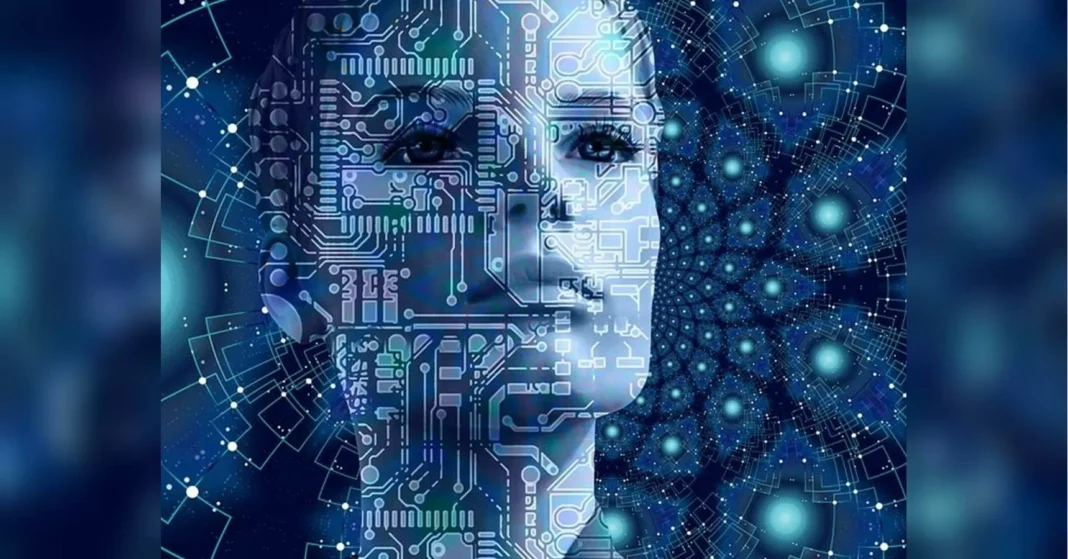Soon there will be two AI news anchors
Artificial Intelligence (AI) has been making significant advancements in various industries, and the media industry is no exception. In recent years, we have seen the emergence of AI news anchors, with their ability to deliver news with precision and speed. And now, it seems like we will soon have not just one, but two AI news anchors.
China’s Xinhua News Agency and Sogou Inc., a Chinese search engine, have collaborated to create the world’s first AI news anchor. The AI anchor, named «Xin Xiaomeng,» made her debut at the World Internet Conference in Wuzhen, China in 2018. She is a digital version of a real-life anchor from Xinhua, and her appearance and voice were modeled after her human counterpart. Xin Xiaomeng has the ability to read news texts, mimic human facial expressions, and even interact with other anchors.
With Xin Xiaomeng’s success, Xinhua and Sogou have now announced the development of a second AI news anchor, «Xin Xiaohao.» This new AI anchor is expected to be more advanced than Xin Xiaomeng, with improved natural language processing and animation capabilities. Xin Xiaohao is set to debut in 2019 and will work alongside Xin Xiaomeng to deliver news to the Chinese audience.
The development of these AI news anchors has raised questions about the role of AI in the media industry and the future of human news anchors. Some argue that AI news anchors will replace human anchors, while others believe that they will complement each other. However, one thing is for sure – AI news anchors are here to stay, and their presence is only going to increase.
One of the main advantages of AI news anchors is their speed and efficiency. Unlike human anchors, who need breaks and sleep, AI anchors can work 24/7, delivering news in a timely manner. They also have the ability to process and analyze vast amounts of information, making their reporting more accurate and precise. This will be especially beneficial in breaking news situations, where every second counts.
Moreover, AI news anchors are not affected by external factors such as emotions or personal biases, allowing them to deliver news objectively. This can help in reducing the spread of fake news, which has become a major issue in today’s media landscape. With AI anchors, viewers can trust that the news they are receiving is factual and unbiased.
However, some may argue that AI news anchors lack the human touch and connection that human anchors bring to the news. Human anchors can express emotions and connect with viewers on a more personal level, making the news more relatable. This is something that AI anchors cannot replicate, at least not yet. As a result, it is unlikely that AI news anchors will completely replace human anchors in the near future.
The development of AI news anchors also raises concerns about the future of employment in the media industry. With the rise of AI, many fear that jobs in the industry will be replaced by machines. However, it is important to note that AI news anchors are not meant to replace human anchors, but rather to assist them. AI anchors can handle the repetitive and time-consuming tasks, freeing up human anchors to focus on more important aspects of news reporting, such as investigative journalism and storytelling.
In fact, the introduction of AI news anchors may even open up new job opportunities in the media industry. With the rapid advancement of technology, there will be a need for skilled professionals who can work alongside AI anchors and utilize their capabilities to create innovative and engaging news content.
In conclusion, the emergence of AI news anchors is a significant development in the media industry. With the announcement of a second AI anchor, we can see that this technology is only going to become more prevalent in the newsroom. While there are concerns about the future of human anchors and employment in the industry, it is essential to remember that AI is meant to assist, not replace. With the right balance and collaboration between AI and humans, we can expect to see more efficient and accurate news reporting in the future.

